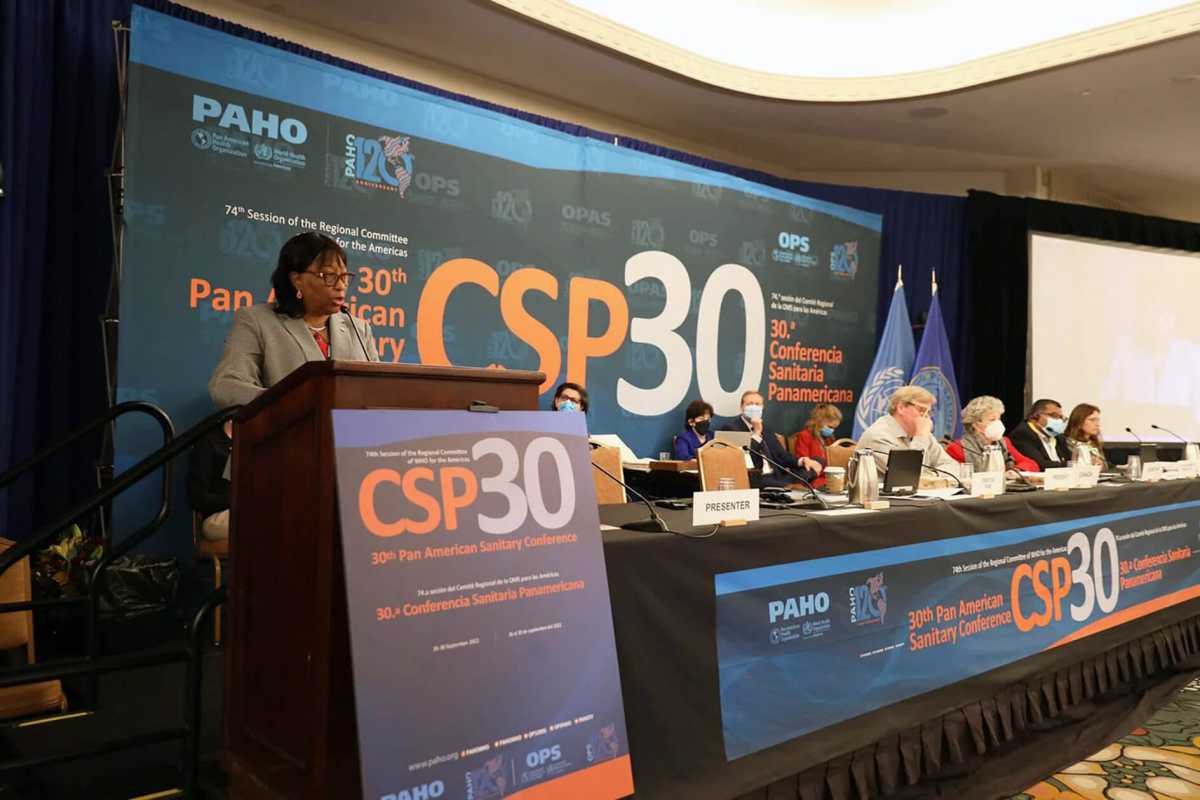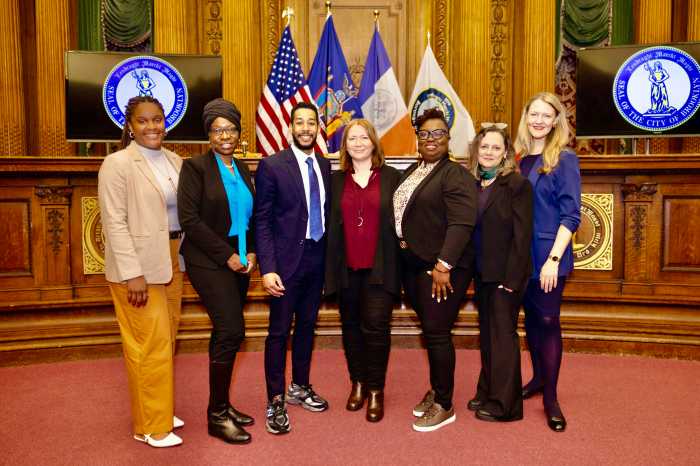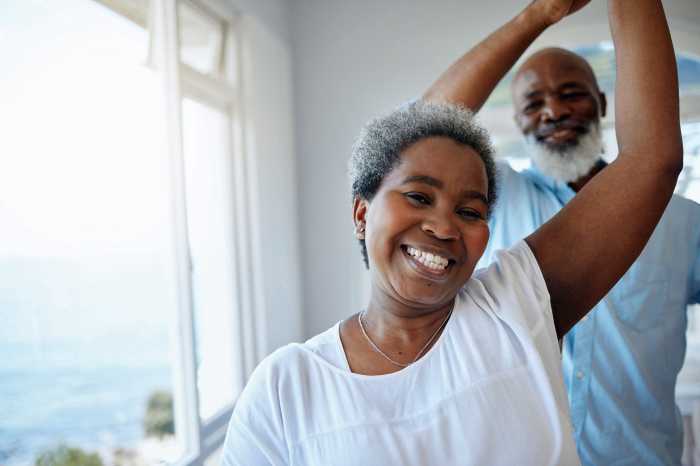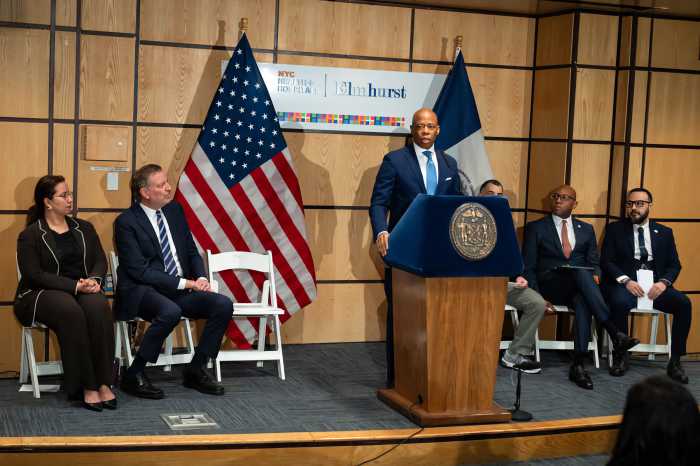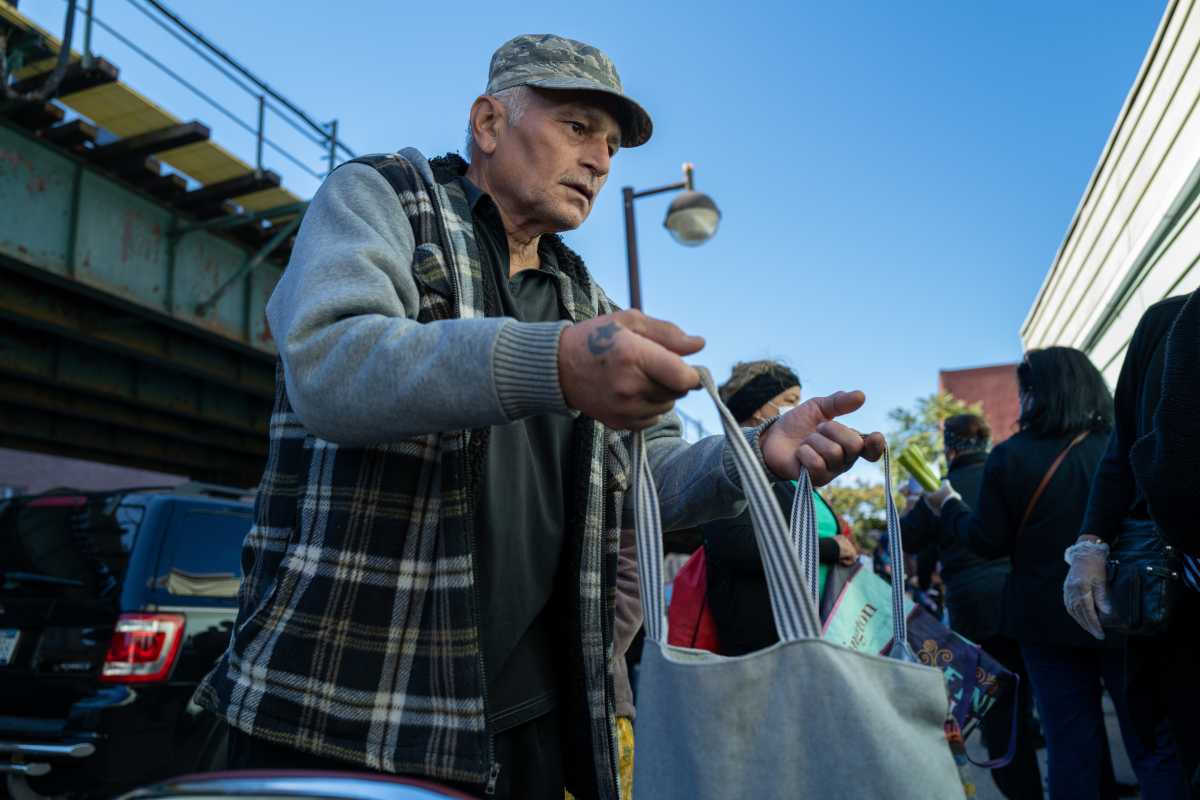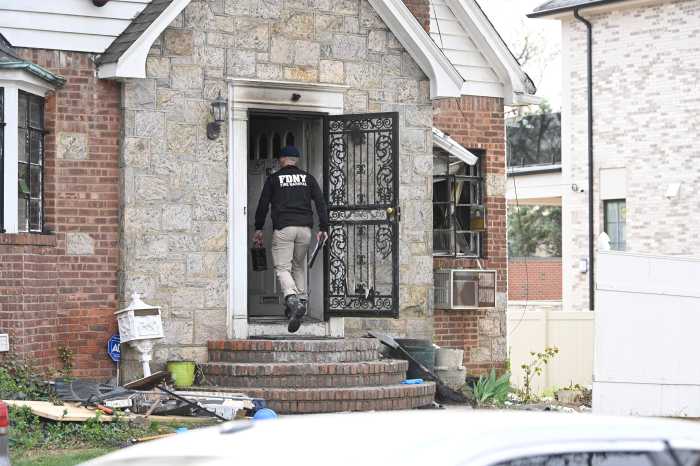The Pan American Health Organization’s (PAHO) said its 30th Pan American Sanitary Conference ended on Friday with regional agreements to improve pandemic preparedness and recover progress towards achieving the United Nations’ Sustainable Development Goals (SDGs).
Following a week of discussions by ministers of health and other delegates on health priorities in the region, PAHO said the conference approved 13 resolutions, including “a commitment to recover equitable progress toward the sustainable development goals and a strategy to keep the Americas free of polio.”
As the region turns a corner on the “devastating COVID-19 pandemic,” there are yet “formidable challenges ahead,” PAHO Director, Dr. Carissa Etienne said.
“You have recognized that interactions at the human, animal and environmental interfaces can trigger major crises, and you have restated your support for the One Health comprehensive multisectoral, multi-stakeholder approach,” she added.
PAHO said the new regional initiatives approved by health leaders from throughout the Americas, including the Caribbean, this week include those that seek to: Recover progress toward the sustainable development goals with equity though action on the social determinants of health and intersectoral work; promote increased investment in equitable and comprehensive community-based mental health care; and strengthen the capacity of national health authorities to lead and manage system-wide transformations for integrated care.
Health leaders also approved strengthening national regulatory systems for medicines and other health technologies; contributing to the expansion and consolidation of a regional genomic surveillance network; and developing and implementing a prioritized and targeted polio mitigation plan. On Wednesday, PAHO said the conference also elected the next PAHO director.
The Director-Elect, Dr. Jarbas Barbosa da Silva, Jr., a national of Brazil, will begin his five-year term on Feb. 1, 2023, succeeding Dr. Etienne of Dominica, who has led PAHO since 2012.
During the conference, Dr. Etienne presented her 2018-2022 Quinquennial Report, the final of her tenure.
PAHO said the report encapsulates the organization’s work over the past five years and highlights the impact that COVID-19 has had on magnifying existing inequities in the Americas.
As PAHO approaches its 120th anniversary in December, an interactive exhibit celebrated the organization’s milestones and crucial work in ensuring the health of those throughout the region of the Americas.
“If we ever doubted it, the pandemic has demonstrated yet again that the creation of PAHO 120 years ago was an act of incredible foresight,” Dr. Etienne said.
PAHO said side events included the presentation of “Americas Health Corps” a United States/PAHO initiative to address the deficit of healthcare workers in the Americas through the training of 500,000 public health professionals over the next five years.
Regarding monkeypox, PAHO called on countries to prioritize detection, surveillance and community engagement to reduce new cases and put an end to the outbreak in the region.
During an update on COVID-19, PAHO also warned that the pandemic is still not over and called on countries to continue surveillance, testing and increasing vaccination coverage “to avoid the emergence of new COVID-19 variants and a prolonged emergency.”
PAHO said Michael Pearson, branch head, Office of International Affairs for the Health Portfolio, Public Health Agency of Canada, served as president of the Pan American Sanitary Conference following his election by ministers and delegates from the 38 PAHO member-states and participating states.
“As I prepare to lower the curtain on my tenure as director of PAHO and hand over leadership reins to my successor, I am encouraged to observe a new generation of leaders emerging across the region,” Dr. Etienne said.
“You give me optimism about the future of PAHO and health for all in the Americas,” she added.


